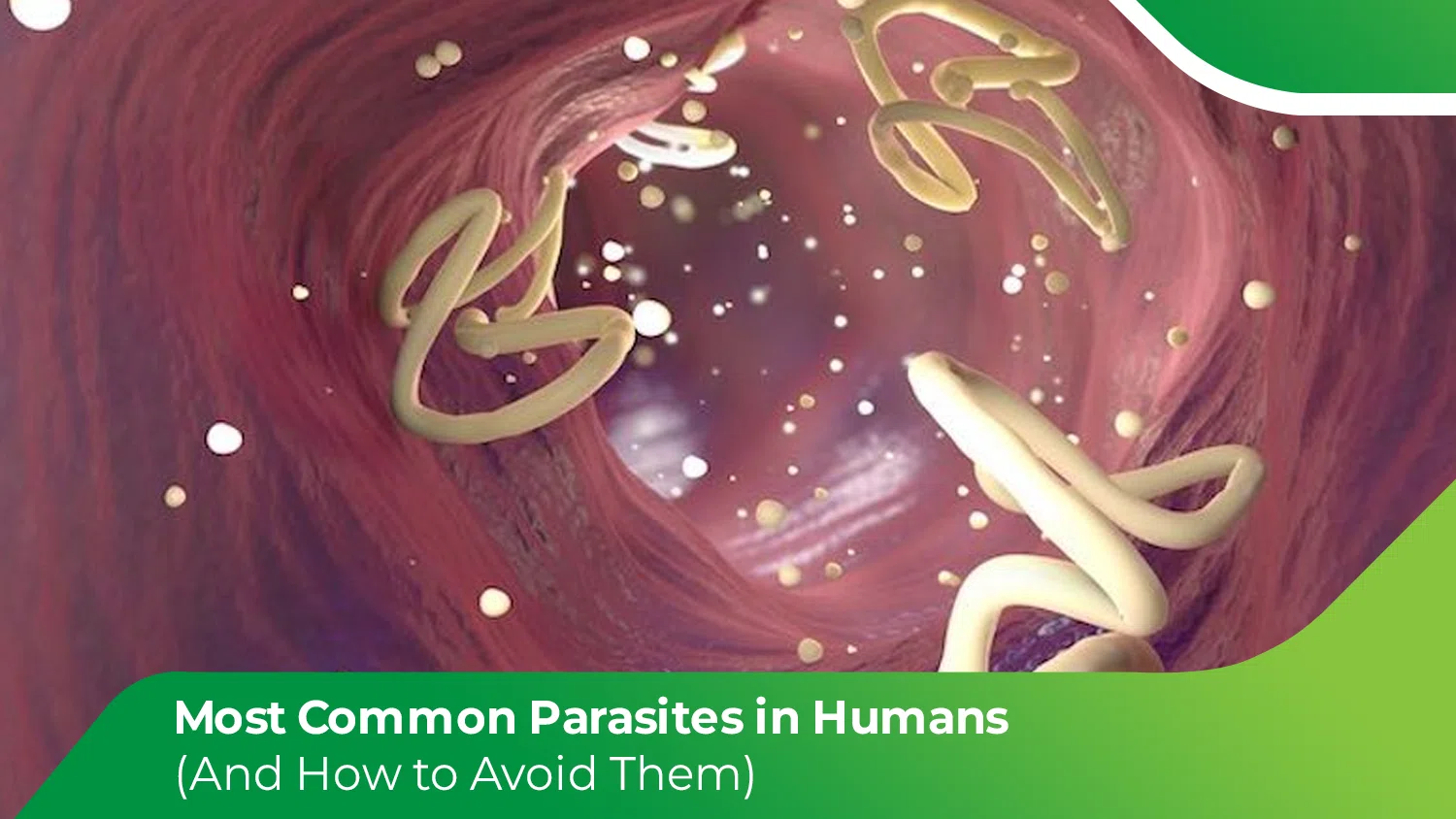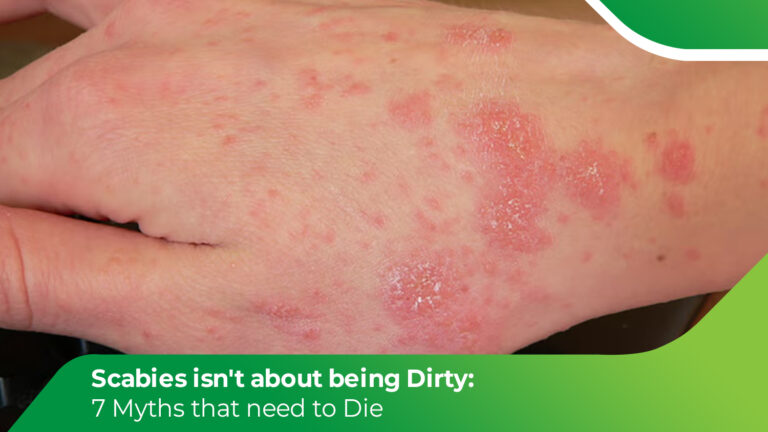Millions of people all over are slowly challenged by parasites, most of which go unnoticed until symptoms start. From minor pain to serious sickness, these creatures—which live on or inside a host and obtain nutrients at the host’s expense—can cause a spectrum of health problems. Protection of yourself and your loved ones depends on knowing the most often occurring parasites that afflict humans. The risk of infection can be greatly lowered by increasing knowledge of simple preventive actions. Examining common parasites including roundworms, tapeworms, protozoa, and flukes, this blog post provides doable tips to prevent them and keep your health.
Roundworms (Nematodes)
Among the most common parasites afflicting humans are roundworms, sometimes known as nematodes; species like Ascaris lumbricoides impact millions, mostly in areas with poor sanitation. Usually living in the intestines, these long, cylindrical worms can reach a foot in length. Particularly in areas where human waste is not properly disposed of, they are sometimes acquired by eating contaminated food, drink, or soil. Among the symptoms include malnutrition, stomach trouble, and, in extreme cases, intestinal obstructions or slowed child development. Practice good hand washing with soap, especially before eating, prepare food completely, and steer clear of drinking untreated water, especially in high-risk locations. Roundworm infections can be avoided.
Tapeworms
Often without first showing symptoms, flat, ribbon-like parasites called tapeworms including Taenia species can grow several feet long within human intestines. Eating undercooked or uncooked meat especially pig, beef, or fish that is contaminated with tapeworm larvae is how these parasites are mostly acquired. When present, symptoms could be weight loss, digestive trouble, or vitamin shortages; rare occurrences of larvae moving to other tissues could cause major consequences. Always cook meat to safe internal temperatures (at least 145°F for beef and pork, 165°F for fish), practice excellent food handling to prevent cross-contamination, and keep good personal hygiene, including hand washing thoroughly before meals, to avoid tapeworm infections.
Protozoa ( Giardia)
Protozoan parasites, such as Giardia lamblia, are microscopic single-celled organisms that can wreak havoc on the digestive system. Commonly found in contaminated water sources, Giardia is a leading cause of waterborne illness worldwide. Transmission occurs through drinking or swallowing contaminated water, eating tainted food, or person-to-person contact in areas with poor hygiene. Symptoms include watery diarrhea, fatigue, nausea, and abdominal cramps, which can persist for weeks if untreated, disrupting daily life. To prevent protozoan infections, always use filtered or boiled water, especially when camping or traveling, practice diligent handwashing, and avoid consuming food from questionable sources, ensuring proper sanitation to minimize risk.
Flukes (Trematodes)
Flukes, or trematodes, are flatworm parasites, such as Fasciola hepatica (liver fluke), that can infect organs like the liver, lungs, or intestines, causing significant health issues. These parasites are typically contracted by consuming contaminated water plants (like watercress), raw or undercooked fish, or through contact with water contaminated by infected snails. Symptoms vary by fluke type but may include abdominal pain, fever, and organ-specific damage, such as liver dysfunction, with chronic infections leading to severe complications. To avoid fluke infections, thoroughly cook fish and avoid eating raw water plants, especially in endemic areas, while maintaining strict hygiene practices and ensuring access to clean, treated water sources.
Common Prevention Methods
preventing infections from roundworms, tapeworms, protozoa, and flukes calls for a proactive strategy anchored in regular hygiene and clean food and water sources. As they commonly spread through contaminated surfaces or direct touch, regularly washing hands with soap—especially before eating or cooking—is a vital defense against all these parasites. Whether it’s meat to eradicate tapeworm larvae, fish to kill flukes, or vegetables to remove roundworm eggs, thorough cooking guarantees that dangerous organisms are eradicated. Particularly in places prone to protozoan contamination like Giardia or fluke-carrying snails, using filtered or boiling water is crucial; tourists should be extremely careful about water sources.
Further lowers danger are cleaning surfaces and avoiding raw or undercooked meals such water plants associated to flukes. Minimizing the spread of these parasites throughout society depends much on public health initiatives including access to clean water and sanitation education. Including these routines into daily life can help you to successfully protect yourself from the hazards presented by protozoa, roundworms, tapeworms, and flukes.
Conclusion
Protecting your health starts with knowing the risks caused by common parasites include protozoa, flukes, roundworms, and tapeworms. Although these creatures thrive in polluted food, water, or surroundings and can cause major damage, their influence can be reduced with awareness and basic preventative action. Your odds of infection will be much lowered by changing your behavior to include careful hand washing, boiling meals to safe temperatures, using treated water, and avoiding dangerous foods including raw water plants.
Keep understanding of the particular hazards associated with parasites including Ascaris, Taenia, Giardia, and Fasciola helps you to make wiser decisions, particularly in high risk environments. Make these daily habits second nature to you; if you believe you have a parasitic illness, don’t hesitate to see a doctor. Today, keep proactive, safe, and under control your health.




Leave a Comment